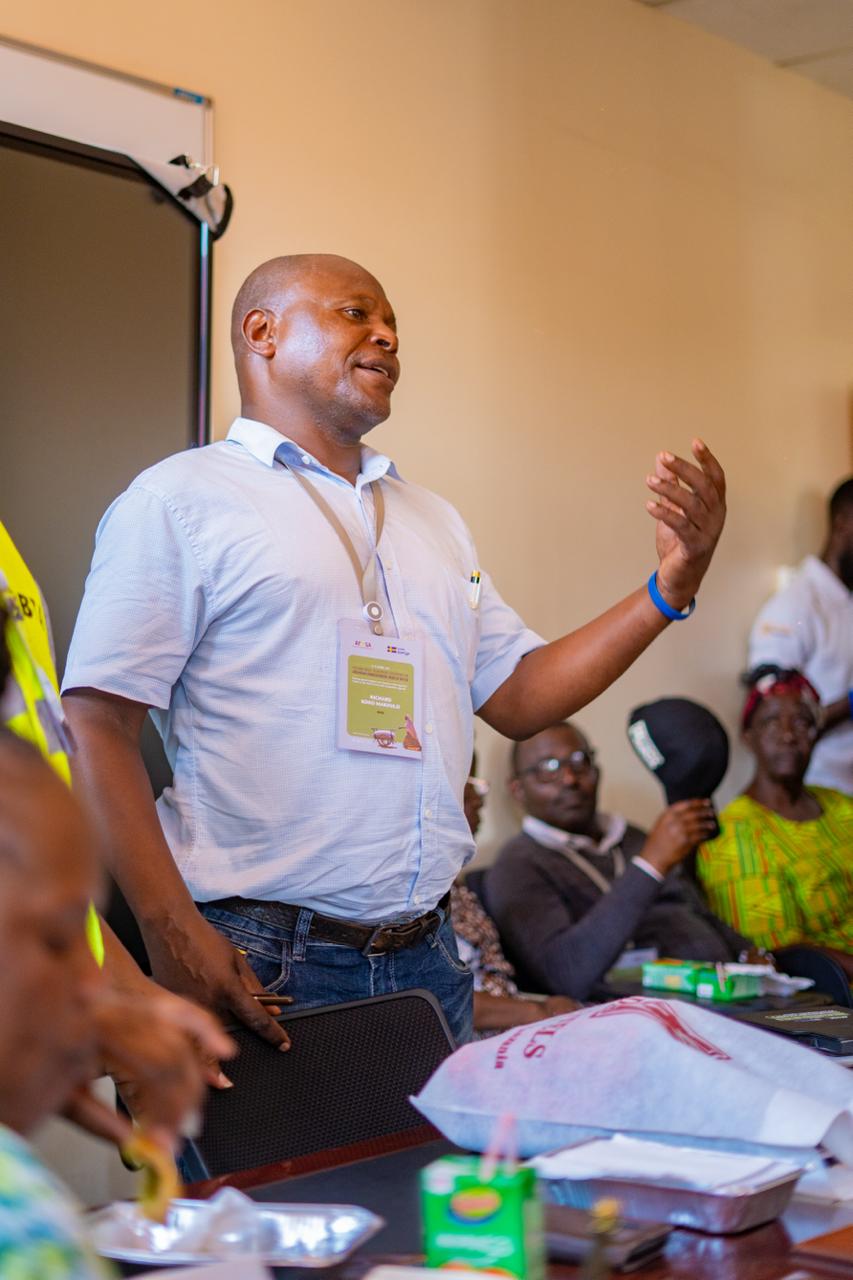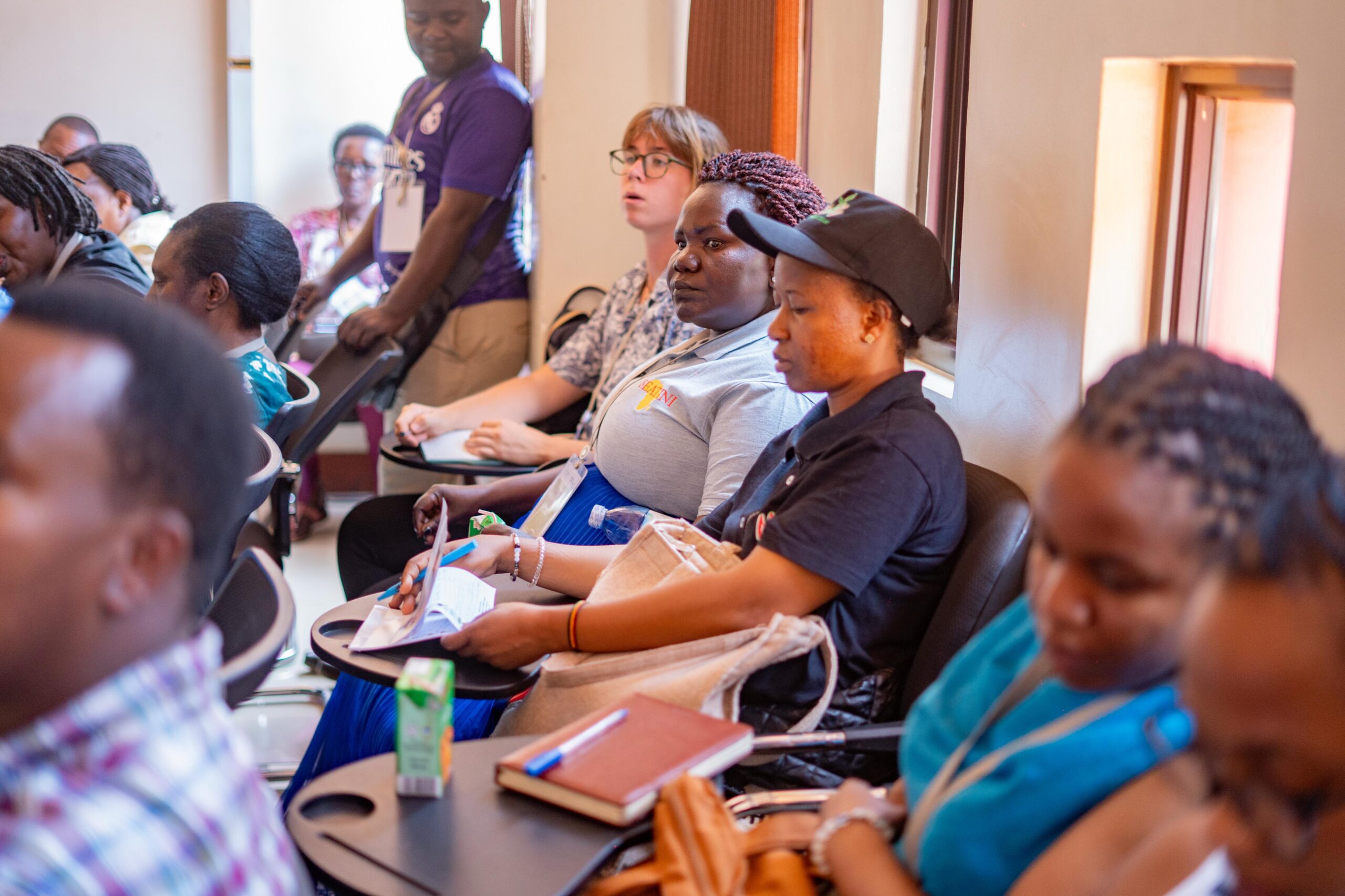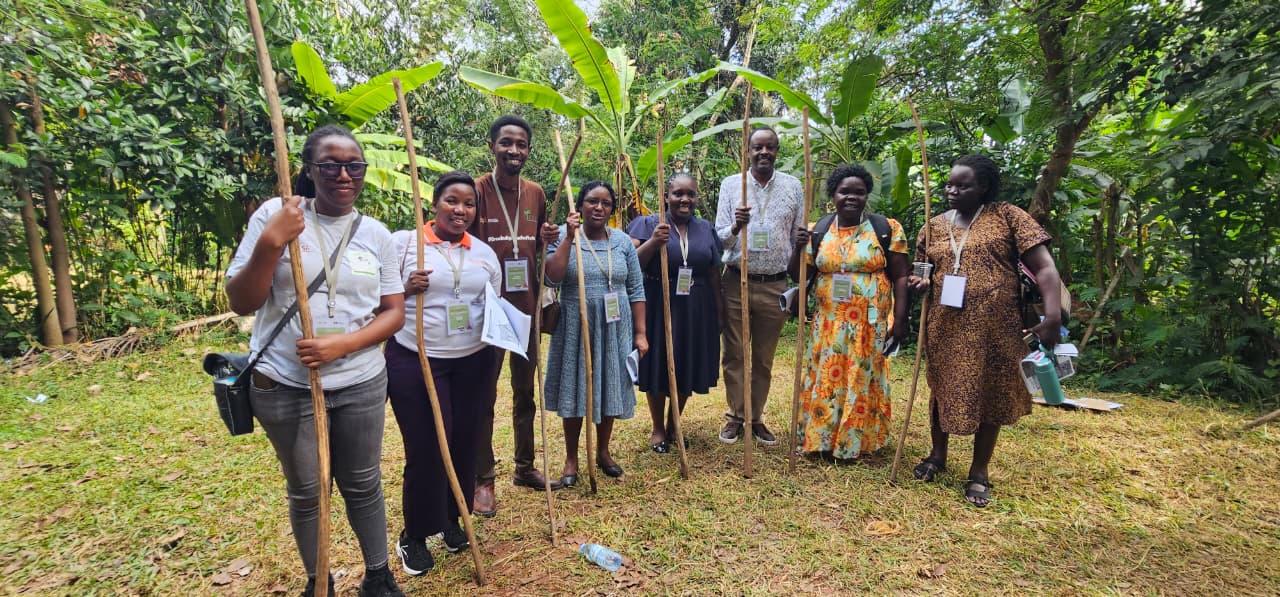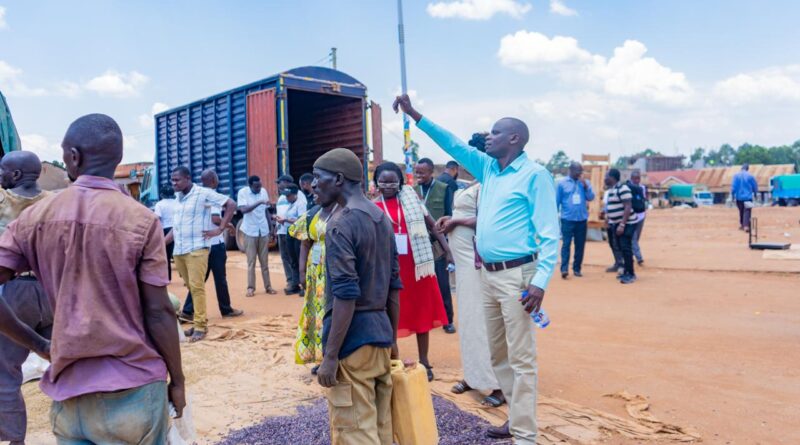A New direction for Cross-Border Trade in the EAC
Cross-border trade among East African Community (EAC) member states is taking a sustainable turn, driven by the rise of agroecology,an environmentally friendly farming system increasingly seen as a model for sustainable agricultural and trade development.
This form of farming emphasizes the conservation of soil, water, biodiversity, and human health. It avoids the use of synthetic pesticides and fertilizers, instead relying on natural soil fertility and farmers’ traditional knowledge.
It presents new opportunities for smallholder farmers,especially women and youth who are increasingly gaining access to regional markets for their products.
However, regulatory challenges, certification hurdles, and policy misalignment among EAC countries remain key obstacles.
These issues were raised at an international conference organized by the Alliance for Food Sovereignty in Africa (AFSA), held in Jinja, Uganda, from October 27–31, 2025, under the theme “Advancing Agroecological Trade in the East African Community (EAC).”
Participants emphasized that for agroecological farming to contribute meaningfully to trade growth, there must be clear policies, shared certification systems, and stronger collaboration among governments, the private sector, and cross-border farmer and trader associations.
In Rwanda, the Rwanda Organic Agriculture Movement (ROAM) plays a leading role in advancing this model. The organization has supported cooperatives,including those producing coffee, vegetables, and fruits through training, access to organic fertilizers, and secure market linkages.
According to Serge Libaho, ROAM’s Agriculture Officer, efforts are underway to expand access to affordable and certified organic inputs across the region.
“We are working to make certified organic fertilizers available regionally. This will help farmers find solutions that protect the soil while increasing the value of their products.
Gilbert Muhire, Trade and Marketing Officer at Dukunde Kawa Musasa Cooperative, explained how agroecological practices have improved both the quality and market value of their coffee.
“We chose to grow coffee organically to adapt to climate change. We use animal manure, compost, and other biodegradable materials that strengthen our soil. Beyond growing, we also process and export coffee abroad. Our organic coffee now sells well in the U.S. and Europe because it’s cleaner and tastier.
But accessing regional markets is still difficult due to inconsistent taxes and delays in certification processes issues that should be addressed to make trade easier,” he added.
Traders are now calling for the establishment of “agroecology trade centers” dedicated hubs where eco-friendly products can be sold exclusively, making it easier for consumers to distinguish them from chemically produced goods.
Edsa Mbabazi, a trader at the Kagitumba border post, said such centers would particularly boost businesses run by women and youth.
“If we had special markets for agroecological products, buyers could easily identify them, increasing their value and improving farmers’ income,” she said.
During the conference, participants visited cross-border areas such as Busia between Uganda and Kenya to observe ongoing agroecological farming and trade activities, and to engage with traders, customs officials, and government representatives.
They identified persistent obstacles such as delays in quality certification, tax inconsistencies, and differing product standards between countries.
A customs officer at Busia noted that a harmonized EAC framework for agroecological standards would significantly reduce both costs and time.
Milium Belay, the General Coordinator of AFSA, spoke about the uniqueness of this conference, highlighting various points aimed at promoting cross-border trade in environmentally friendly agricultural products.
“The main goal of this meeting was to clearly define what agroecology means, what certified agroecological products represent, and what activities take place at the borders in cross-border trade.
We identified challenges including slow certification processes, labeling inconsistencies, and the impact of chemically intensive farming systems.”
He added: “We also saw many opportunities: there are regional guidelines that are not yet well known, national policies supporting agroecological farming are emerging, and many smallholder farmers are already producing organic goods.
Stakeholders must now remove trade barriers, create special markets for agroecological food, strengthen collaborative quality-control systems, build the capacity of cross-border farmer associations, invest in cold storage, implement a regional currency system, and raise awareness about regional health and safety standards.”
The overall conclusion is clear: agroecology is not just a farming method, it’s a foundation for sustainable trade, empowering farmers, traders, and consumers alike while securing long-term benefits for both the environment and the future of the region.












